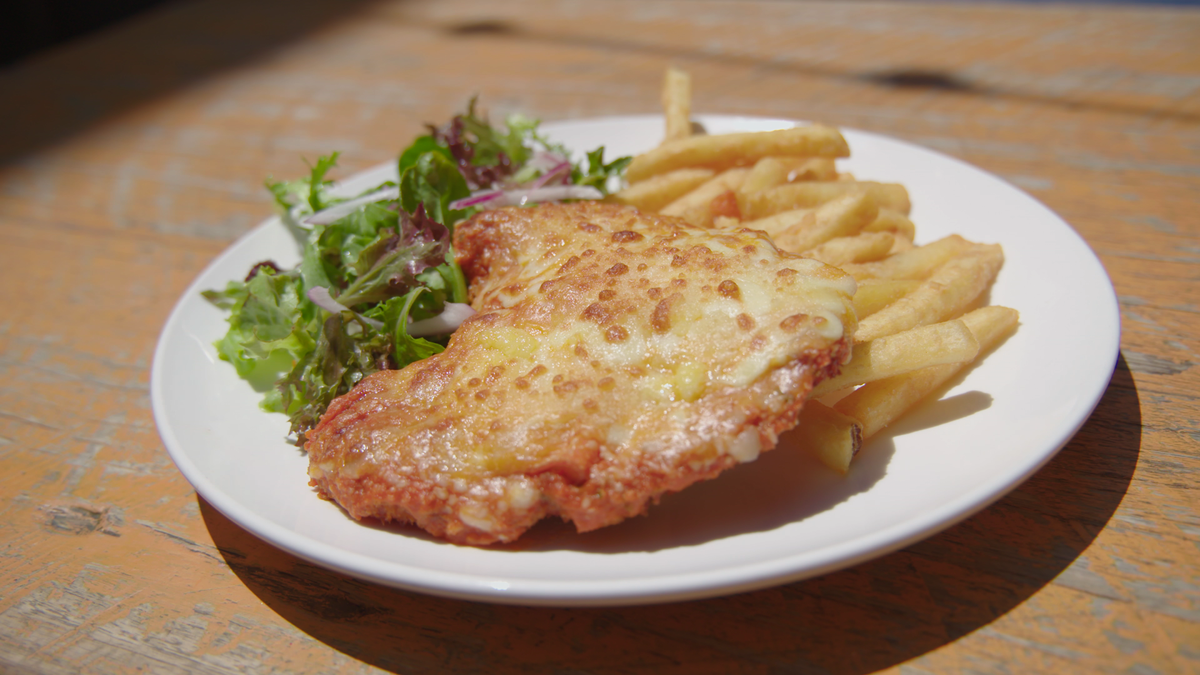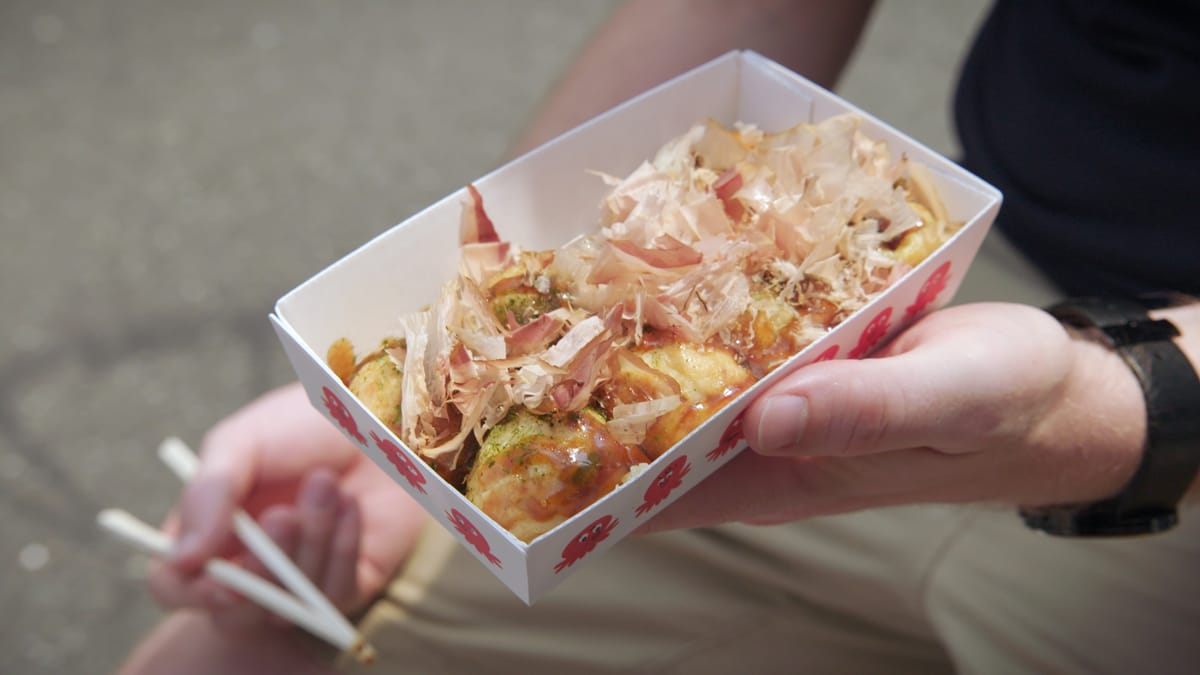Our Favourite Greek Superfoods
Where eating healthy and organic has always been on trend.
Walk into any local taverna in the Greek Islands and it's guaranteed that they have a garden around the back overflowing with fresh, organic produce. Not a farm but a hand-tendered family garden cultivating plenty of seasonal fruits and vegetables to service the restaurant and their kitchen at home every day, which are more often than not, the same place. Here are my favourite 'Greek Superfoods' that are grown easily and in abundance in these Islands, see Ikaria the fountain of youth for example, where residents are known to live longer than anywhere else! Seen everywhere from taverna menu boards and luxury beach resorts just as much as they are on the family dinner table.
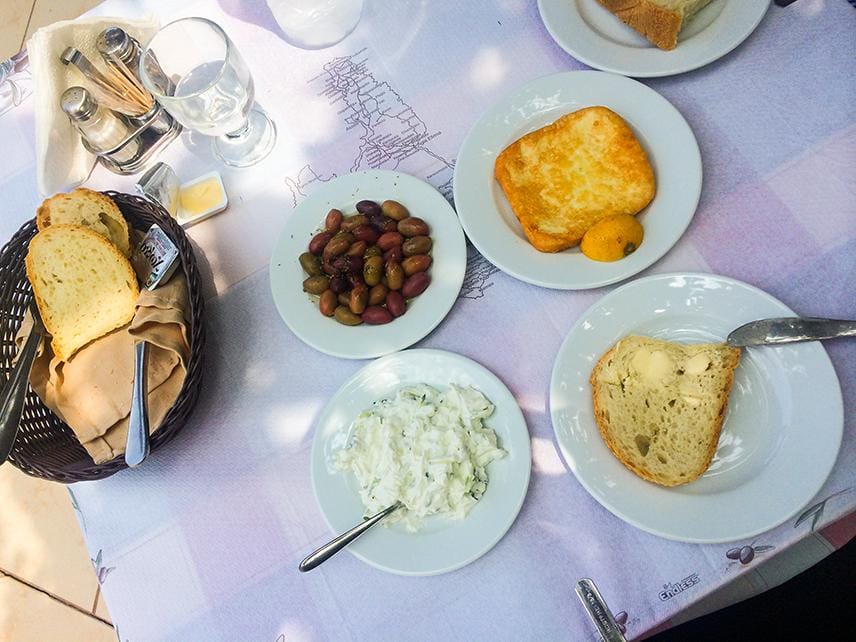
THE MEDITERRANEAN DIET
Often cited as the healthiest in the world, the Mediterranean diet is heavily based around vegetables, fruits, beans, olive oil and fish. It largely (not exclusively) leaves out processed foods, sugar, red meat and starchy breads, all of which could probably be attributed to the geographic isolation more than anything else. It’s important to note that all of these are grown organically and naturally in small quantities and are free of pesticides and any forms of modification.
CINNAMON
Sprinkle cinnamon powder on top of your cappuccino or latte, plate of moussaka or any dish, really. Its fragrant aroma and warm taste adds the perfect amount of spice to both sweet and savoury dishes. Health benefits include lower blood sugar levels and enhanced cognitive function, which is anything to do with brain power such as your memory and attention span.

BUSH HONEY
This bushy plant is seen throughout the Greek Islands and are speckled with honey bee boxes. Every now and again when you turn a corner, you'll find a charming 'Yiayia' (Greek for grandmother) sitting under the shade of an olive tree with a table of fresh, homemade thyme honey for sale. Drizzle this allllllll over your Greek yoghurt , fruits and nuts for a winning combination of healthy probiotics and antioxidants to improve gut health and boost your immunity.
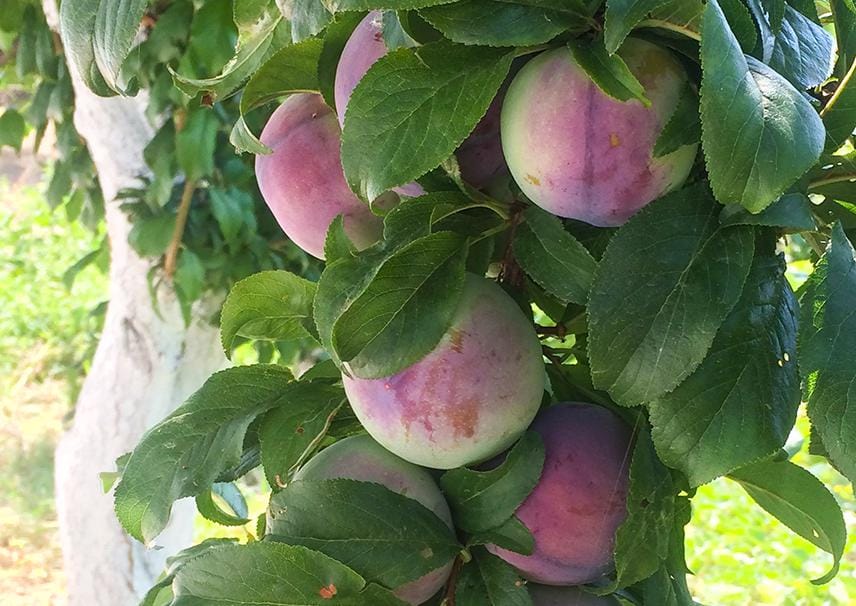
AUBERGINES
One of the quintessential Greek superfoods, whether it's fried, stuffed, stewed or roasted, Aubergines feature in almost every Greek dish. It's a delicious source of dietary fibre and its deep purple skin is rich in antioxidants, namely 'nasunin', which protects the fatty acids that are crucial for healthy brain function.
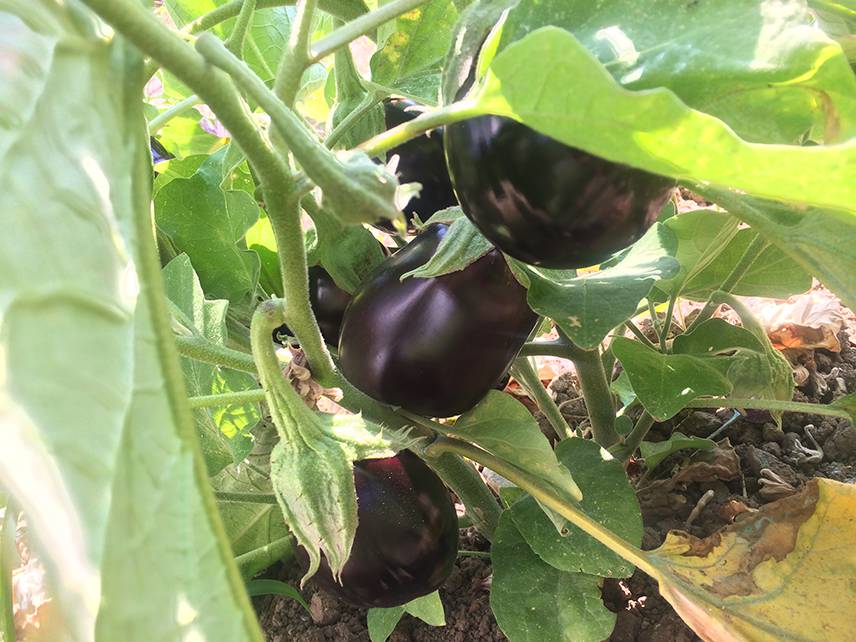
COURGETTES
What some of us refer to as 'zucchini', this is another vegetable that is best eaten when grilled (or fried in healthy, homemade olive oil) and served with a side of tzatziki. They're low in calories, high in dietary fibre, contain high amounts of immune-boosting vitamin C and have significant levels of potassium, which is essential for controlling blood pressure levels.
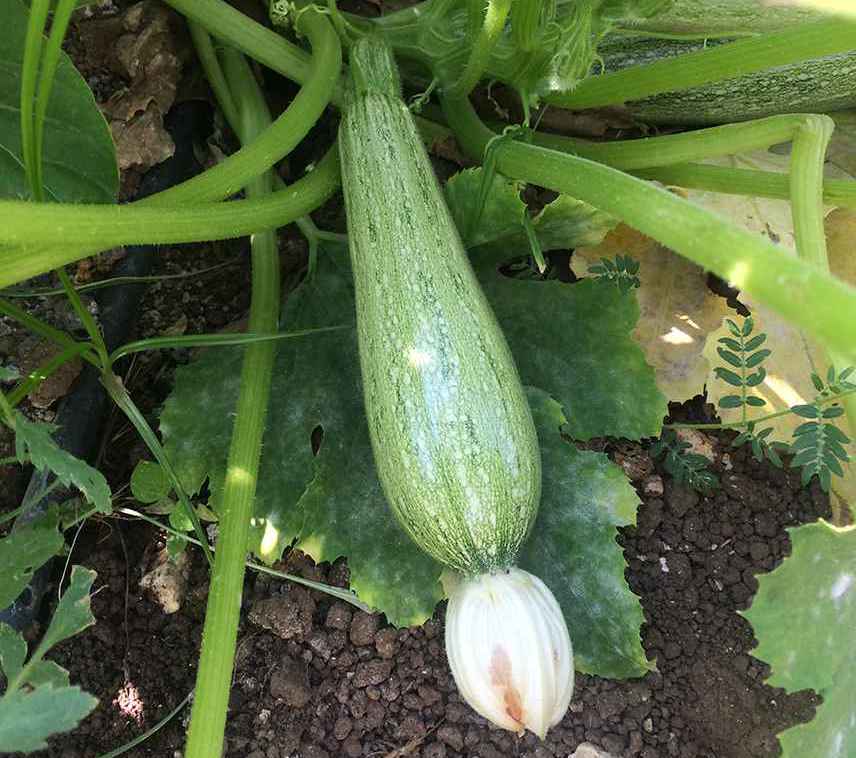
SEAFOOD
The Aegean Sea being your backyard not only looks stunning but makes for a spectacular playground for the tastiest, freshest seafood in all of the Mediterranean. Always caught and cooked on the same day, you can't go wrong ordering a grilled whole red snapper. This lean protein isn't just rich with omega-3 fatty acids, it's also a great source of vitamin A, which strengthens eye health.

FAVA BEANS
Also known as 'broad beans', this type of legume is widely-eaten in the Mediterranean diet. I recently discovered my new favourite way to eat this, which is mashed and drizzled with olive oil and lemon juice. These beans are extremely dense in nutrients, and are especially high in folic acid, which can decrease the risk of heart disease, cancer and depression when eaten regularly.
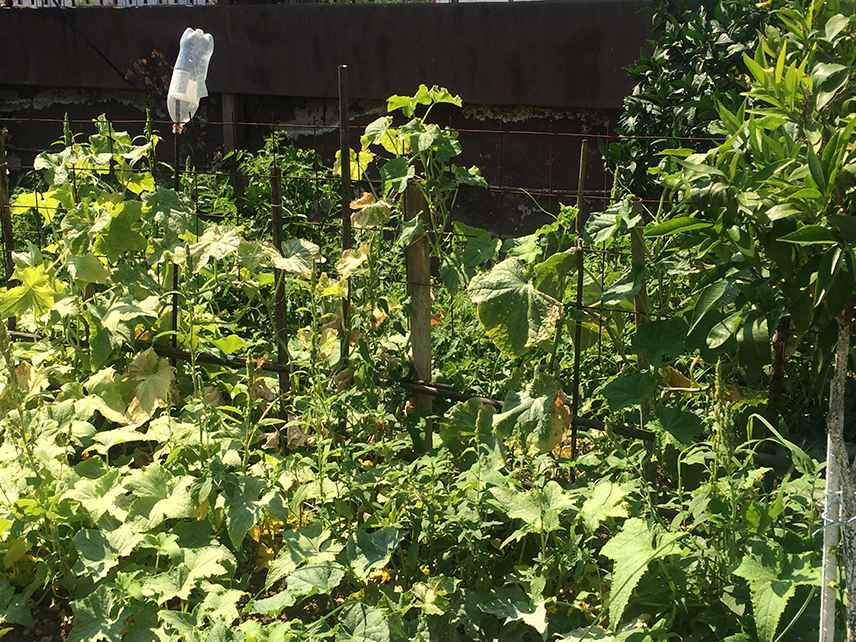
LOCAL RED WINE
You should've heard by now it's been proven that a glass of red wine a day can actually bring a bountiful of health benefits, including anti- ageing properties. European monasteries for over a thousand years have claimed that a monk's lifespan is longer partly due to their moderate and regular consumption of wine, which is a good enough reason for me! Every island has their own local red varieties and some family restaurants even serve up their own homemade recipe. You won't be able to stop at just one glass, so order a carafe instead. Trust me, none of it will go to waste.

Eating organic has become such a buzzword in the past decade, which goes to show how far commercial farming and mass food production has skewed our diets over the preceding years. With the focus on simple, homegrown Greek superfoods that are both nourishing and delicious, the Greeks had it right all along.
CREDITS
Writer: Jemma Sadrugu
Photographers: Jemma Sadrugu & Luke Senico




